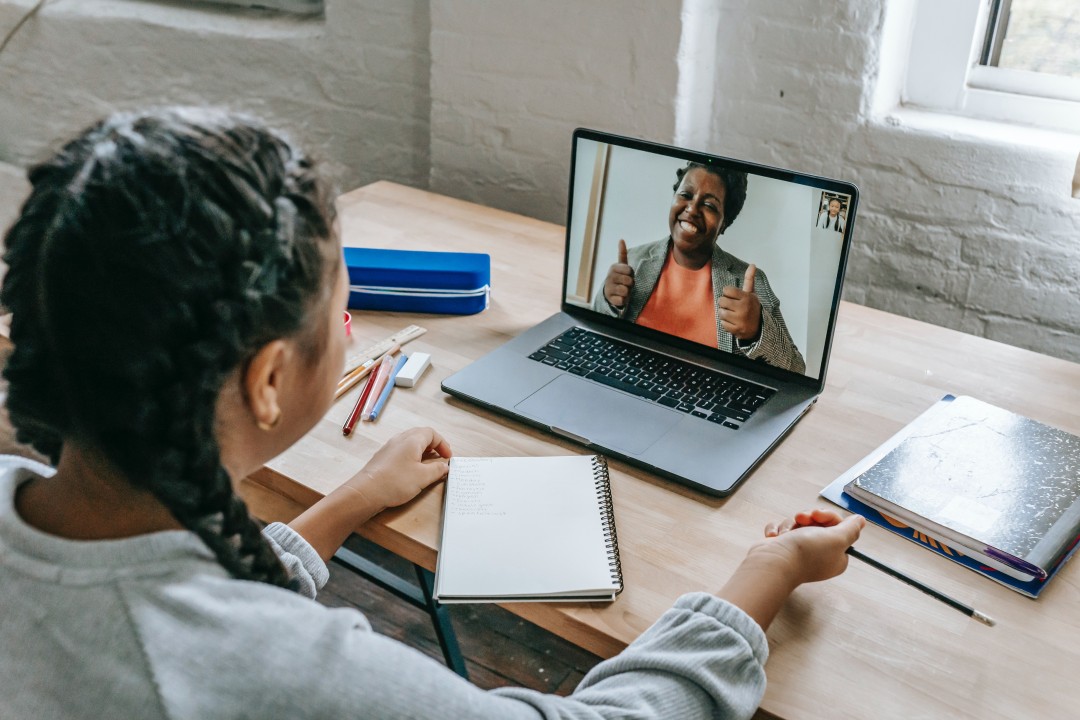In today’s rapidly evolving digital landscape, coaching expertise is more valuable than ever. As individuals seek guidance and support to navigate personal and professional challenges, coaches must find innovative ways to showcase their skills and knowledge. One such avenue is through e-learning platforms, which offer a dynamic and accessible means of sharing coaching insights with a global audience. In this guide, we’ll explore strategies for effectively demonstrating coaching expertise through e-learning.
- Understanding the Role of E-Learning in Coaching:
E-learning, also known as electronic learning, refers to the use of digital technology to deliver educational content remotely. In the context of coaching, e-learning provides a flexible and convenient way for coaches to connect with clients and share valuable insights. Whether through pre-recorded videos, live webinars, or interactive modules, e-learning platforms offer a range of tools and resources to facilitate effective coaching experiences.
- Designing Engaging E-Learning Content:
Creating engaging e-learning content is essential for capturing and maintaining learners’ attention. When designing e-learning modules, coaches should strive to present information in a clear and accessible manner, utilizing multimedia elements such as videos, infographics, and interactive exercises. By incorporating real-life examples and case studies, coaches can illustrate the practical application of coaching principles and enhance the learning experience for their clients.
- Leveraging Technology for Interactive Coaching Sessions:
Virtual coaching sessions offer a convenient alternative to in-person meetings, allowing coaches to connect with clients from anywhere in the world. To maximize the effectiveness of online coaching sessions, coaches can leverage technology such as video conferencing software, virtual whiteboards, and collaborative tools. By fostering interaction and engagement during virtual sessions, coaches can create a dynamic and immersive coaching experience for their clients.
- Demonstrating Expertise Through Course Development:
Developing comprehensive e-learning courses is an effective way for coaches to showcase their expertise and establish themselves as thought leaders in their field. When creating e-learning courses, coaches should choose topics that align with their areas of expertise and organize content in a logical and coherent manner. By incorporating practical exercises, quizzes, and case studies, coaches can provide learners with opportunities to apply their newfound knowledge in real-world situations.
- Incorporating Assessments and Feedback Mechanisms:
Assessments play a crucial role in measuring learner understanding and progress throughout the e-learning journey. Coaches can design quizzes, assignments, and assessments to gauge learners’ comprehension and provide valuable feedback. By incorporating feedback mechanisms into their e-learning courses, coaches can offer personalized guidance and support to help learners achieve their goals.
- Promoting Your E-Learning Content:
Effective promotion is key to attracting learners to your e-learning courses and maximizing their reach. Coaches can leverage social media, email marketing, and other digital channels to promote their e-learning offerings to a targeted audience. Additionally, implementing search engine optimization (SEO) techniques can help improve the visibility of your e-learning content and attract organic traffic to your platform.
- Monitoring and Improving Your E-Learning Efforts:
Continuously monitoring the performance of your e-learning courses is essential for identifying areas for improvement and enhancing the learning experience for your clients. By analyzing metrics such as completion rates, engagement levels, and learner satisfaction, coaches can gain valuable insights into the effectiveness of their e-learning efforts. Based on this feedback, coaches can make iterative improvements to their courses to better meet the needs of their learners.
Takeaway
E-learning offers coaches a powerful platform for demonstrating their expertise and providing valuable insights to clients around the world. By leveraging the strategies outlined in this guide, coaches can create engaging e-learning experiences that showcase their skills and knowledge, ultimately helping clients achieve their personal and professional goals.




